On August 15, Phu Tho Obstetrics and Pediatrics Hospital informed that recently, a 24-year-old pregnant woman with central placenta previa and placenta accreta penetrating the bladder, which was life-threatening, was saved by the hospital's doctors.
Pregnant woman QTT H (24 years old, residing in Lap Thach, Vinh Phuc ) was 39 weeks pregnant and was admitted to the hospital by her family on August 7 when she experienced abdominal pain. Previously, in the last 3 months of pregnancy, Ms. H. was found to have placenta previa and was instructed to monitor and manage her pregnancy at Phu Tho Province Obstetrics and Pediatrics Hospital. After examination and testing, Ms. H. was scheduled for a cesarean section.
According to Dr. Nguyen Van Hung - Head of Department of Obstetrics 2 (Phu Tho Obstetrics and Pediatrics Hospital), this is a relatively difficult case of cesarean section because the patient had a history of 2 previous cesarean sections. At the same time, the patient's central placenta previa and placenta accreta were very severe when the placenta penetrated the uterine muscle layer and invaded the bladder wall, requiring the surgeon to have high expertise and modern support equipment.
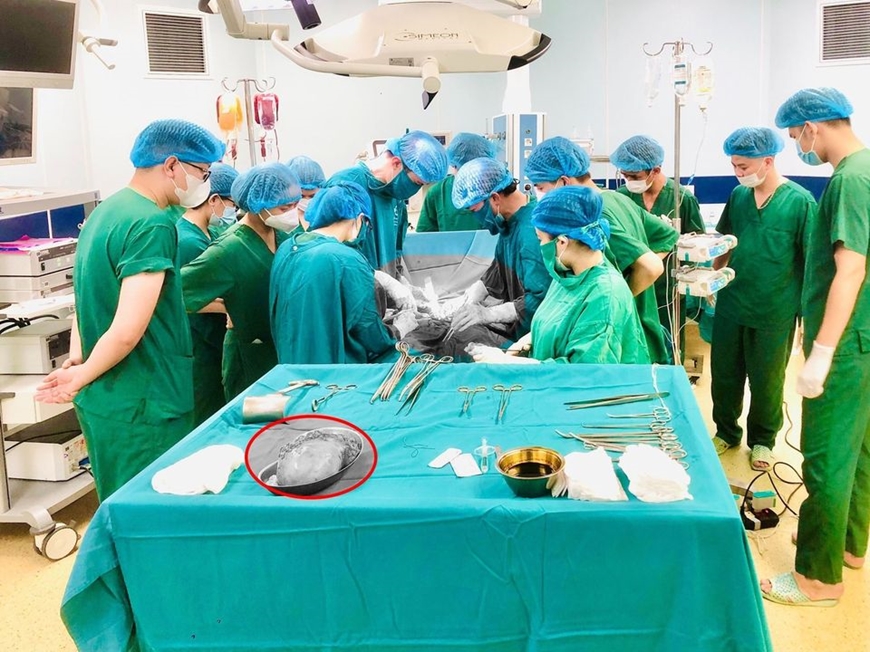 |
Surgeons save pregnant woman with placenta previa and placenta accreta through bladder. |
To optimize the effectiveness of the surgery, the surgical team prepared a plan and carefully planned the equipment and supplies. With the good support of the anesthesia and resuscitation team, the surgery with the direct participation of Dr. Pham Thai Ha, Director of the Hospital, was a great success. The baby girl was born healthy, weighing 2.5 kg, cried immediately after birth, and had good reflexes.
After delivering the baby, the doctors continued to perform a partial hysterectomy, a single-layer bladder repair and suture. The biggest challenge for the surgeon in this case was how to control bleeding, remove adhesions, and perform a partial hysterectomy without causing bleeding after the baby was delivered, and without damaging nearby organs. During the surgery, the mother was transfused with 2,500 ml of red blood cells and 750 ml of fresh frozen plasma. After the surgery, the mother is currently being cared for in the Intensive Care and Anti-Poisoning Department in a stable condition. The mother is conscious, responsive, eats porridge normally, and is being treated with a combination of high doses of antibiotics.
Doctors recommend that if a pregnant woman is diagnosed with central placenta previa or placenta accreta, she should have a prenatal examination at a specialized hospital with an experienced doctor. At the same time, when giving birth, she should also go to a hospital with specialized surgical capabilities to receive an accurate diagnosis and have an appropriate intervention plan, reducing the rate of heavy blood loss and severe progression of the disease.
News and photos: MINH ANH
*Please visit the Health section to see related news and articles.
Source


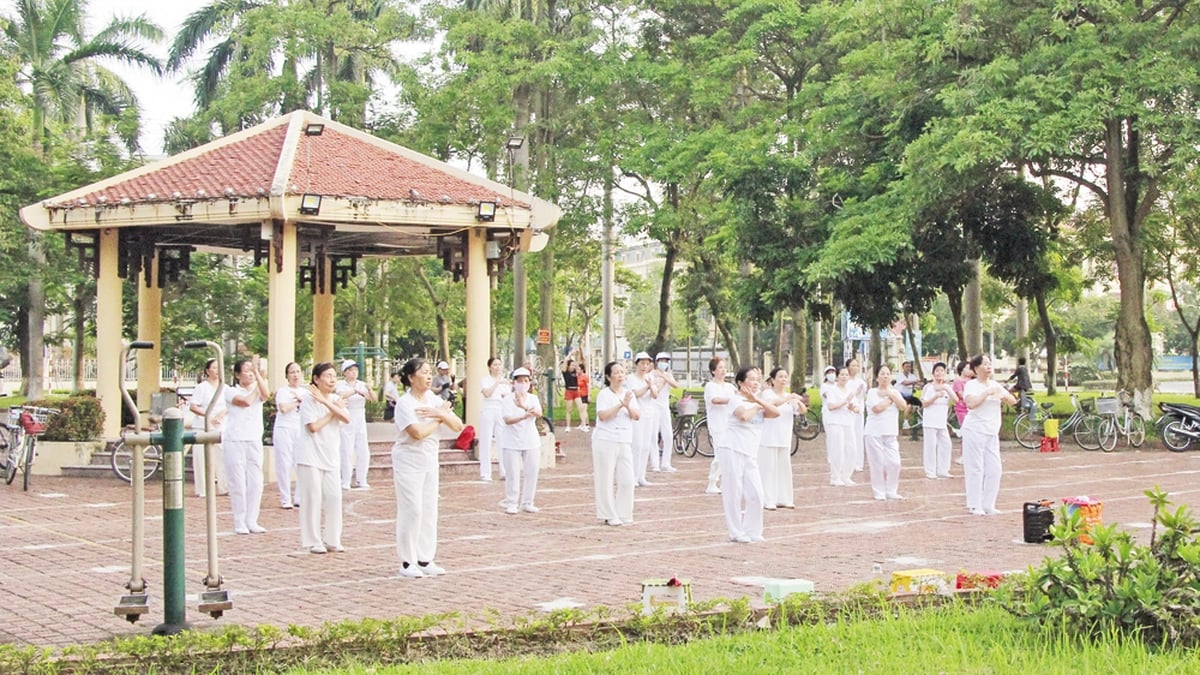
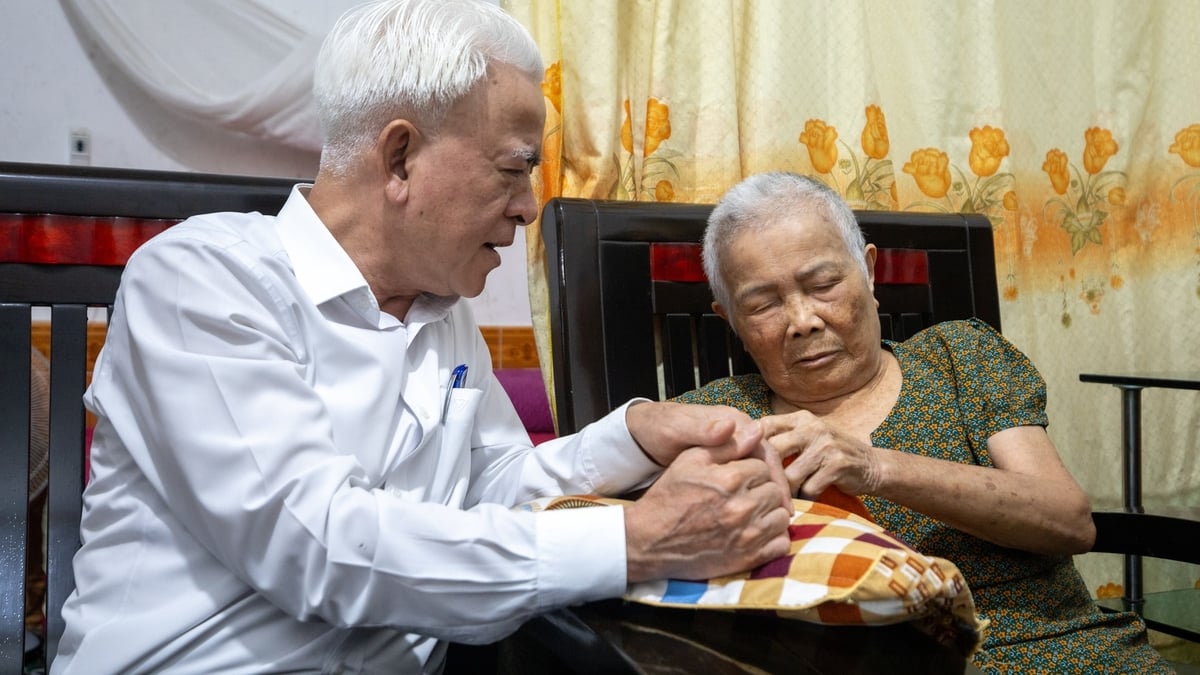
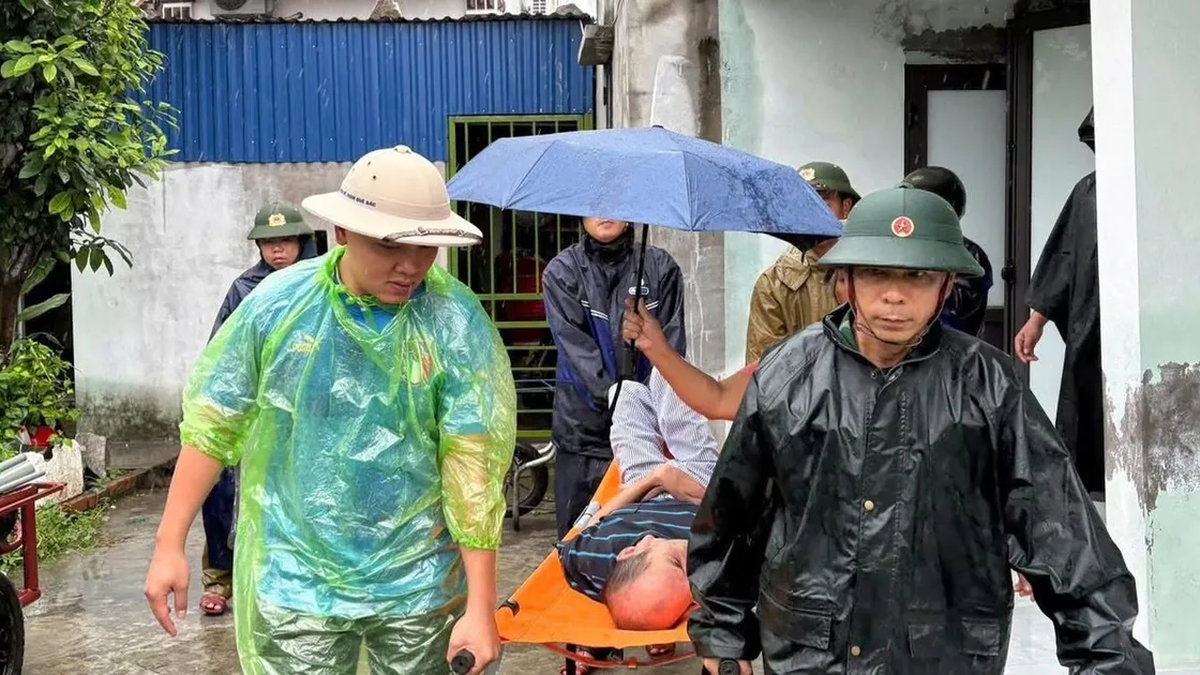
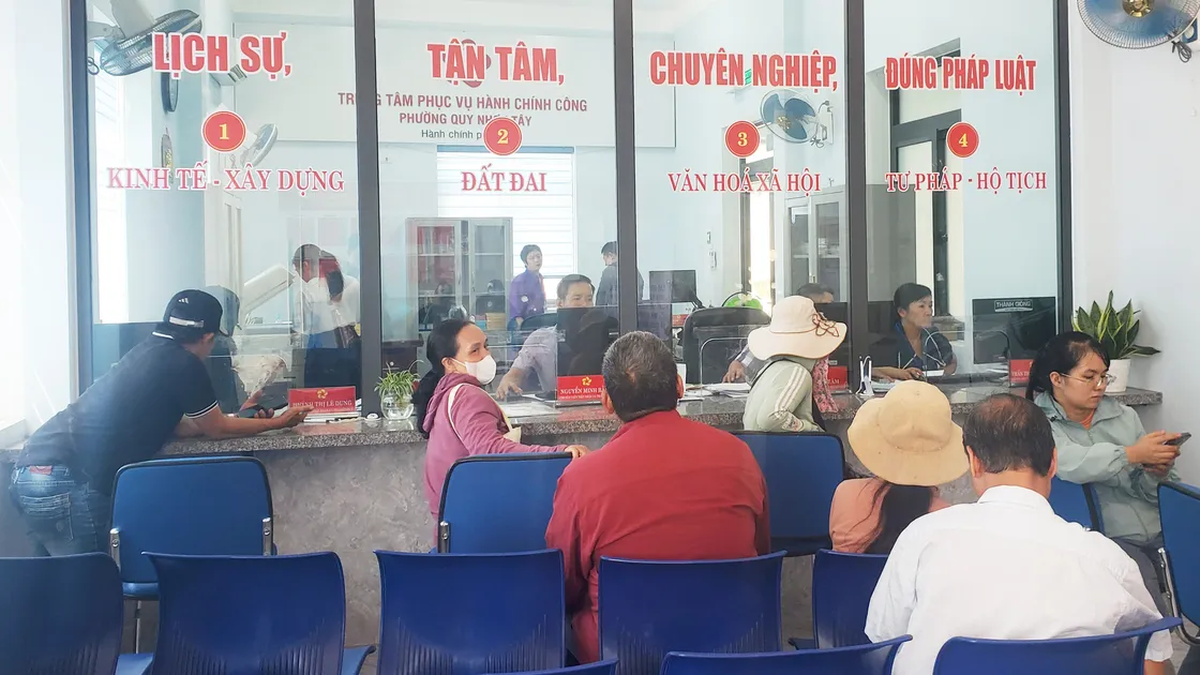

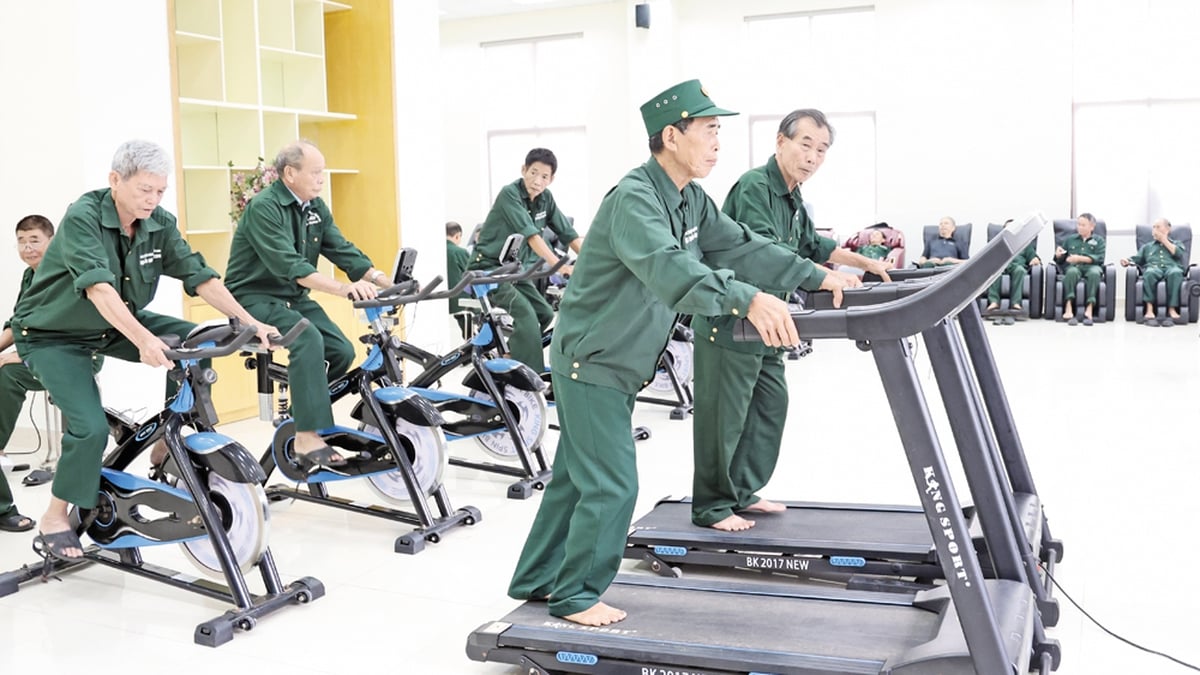


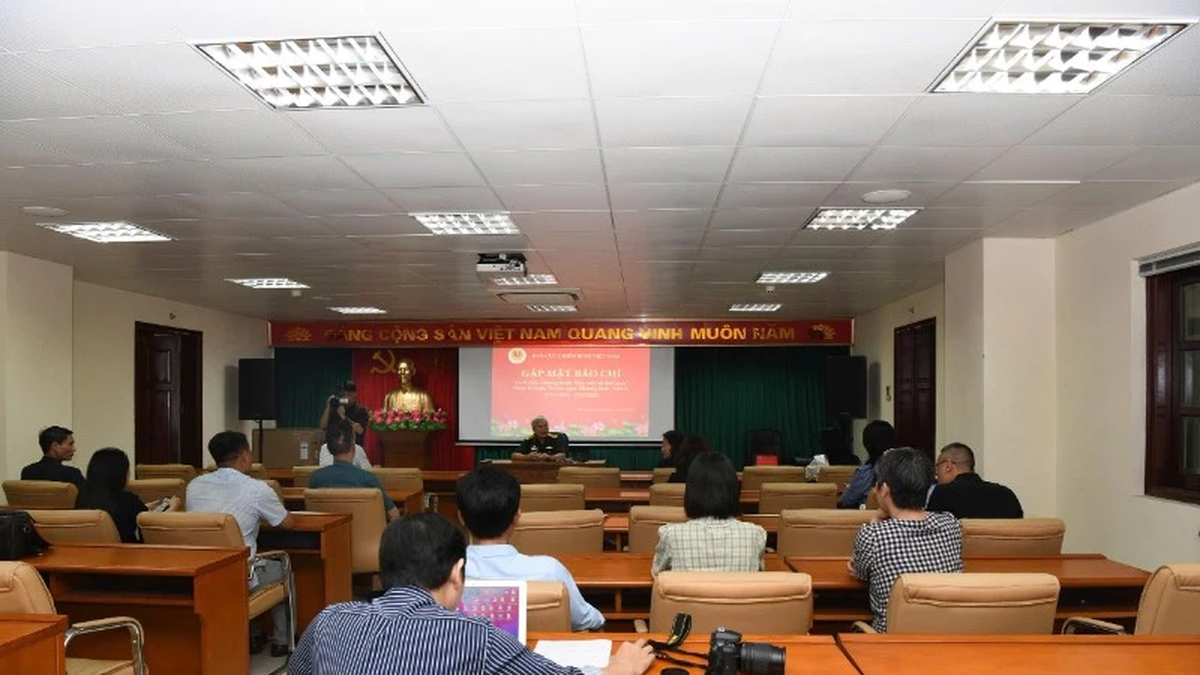














![[Photo] National Assembly Chairman Tran Thanh Man visits Vietnamese Heroic Mother Ta Thi Tran](https://vphoto.vietnam.vn/thumb/1200x675/vietnam/resource/IMAGE/2025/7/20/765c0bd057dd44ad83ab89fe0255b783)












































































Comment (0)